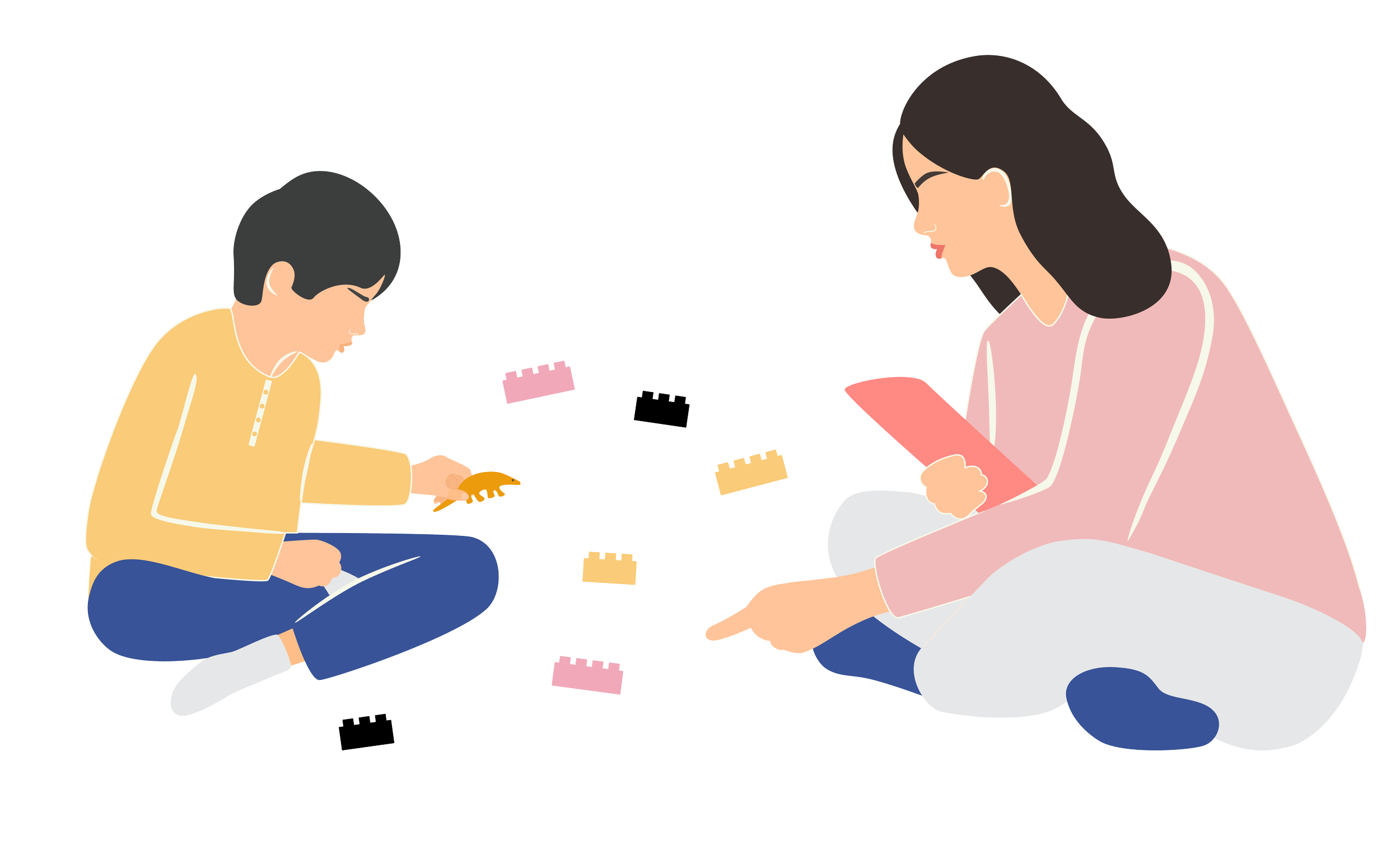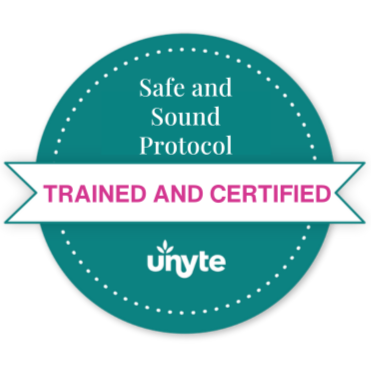Occupational Therapy
Helping children thrive through curiosity, authenticity, and play
Occupational Therapy is about helping individuals fully participate in the meaningful activities of their lives. We approach this with curiosity (wondering together about what helps, what’s hard, and what might make daily life easier), authenticity (meeting each person as they are), and playfulness (making therapy fun and engaging)
Our supports may include:
Building Play & Social Confidence
We help children explore, create, and share play in ways that feel joyful. By practicing play skills, turn-taking, and imagination, children grow friendships, confidence, and connection.
Positive Behaviour through Understanding
We look beneath behaviour to see the needs it communicates. Together, we co-design simple, supportive strategies so children can express themselves in safe, positive ways at home, school, and in the community.
Motor Skills for Everyday Success
We support fine and gross motor development so children feel capable in their bodies - whether it’s climbing, jumping, running, printing, or using their hands for everyday tasks. These skills build the foundation for independence and participation.
Growing Independence in Self-Care
We help children learn skills like toileting, dressing, brushing teeth, and feeding. Step by step, routines become easier, and children experience the pride of “I can do it myself”.
Connected & Calm Mealtimes
Through compassionate feeding strategies, we support anxious eaters and children with feeding challenges. Families learn how to reduce stress, build confidence, and make mealtimes a place of connection instead of conflict.
Building Emotional Skills
We practice tools for managing big feelings, flexible thinking, and self-expression. Children learn to notice their body signals, use calming strategies, and grow resilience for future challenges.
Sensory Processing & Regulation
We help children understand and manage their sensory world - sounds, textures, movement, so they feel safer, calmer and more comfortable in their daily environments.
Creating Healthy Sleep Routines
We work with families to co-create bedtime and sleep plans that reduce stress, support regulation, and help children get the rest they need to grow and learn
Speciality Areas
Certified Provider in the Safe and Sound Protocol
Compassionate feeding approaches for anxious eaters
Comprehensive toileting and sleep plans
De-escalation & Safety Plans
Sensory processing strategies & interventions to support regulation
Developmental Coordination Disorder - CO-OP Approach
Printing & Fine Motor Skill Development
Pediatric Standardized Assessments
Strategies for Positive Behaviour
Discover how our Behavioural Coaching & Consultation can help you understand your child’s behaviour and create strategies that support their growth.

















